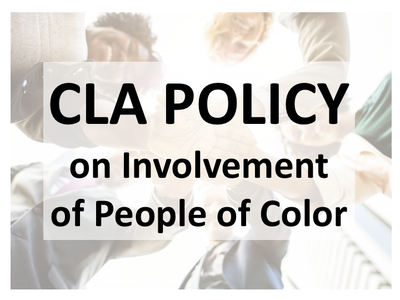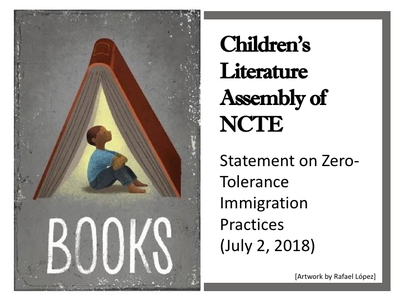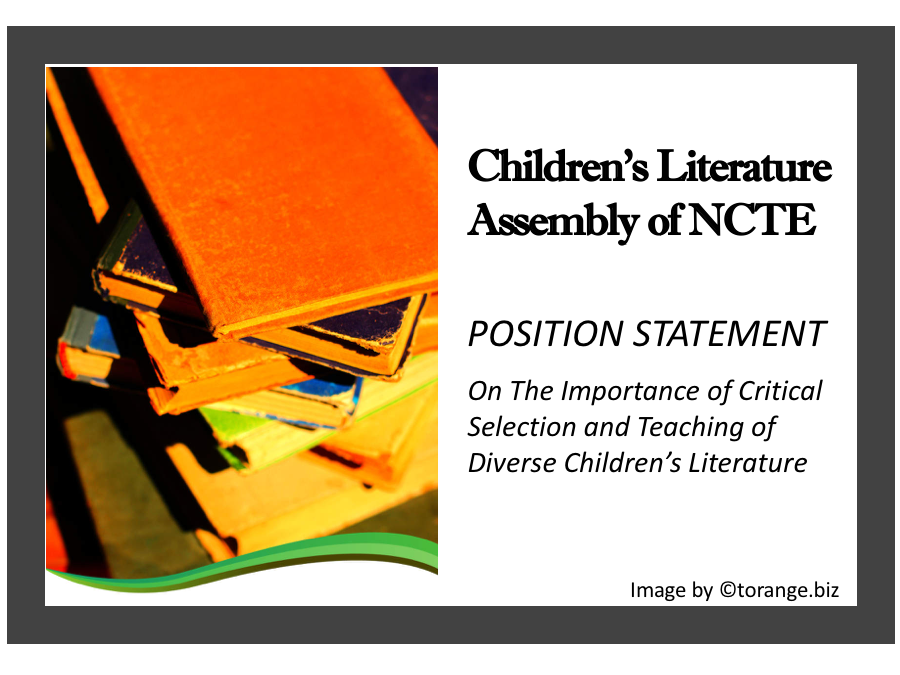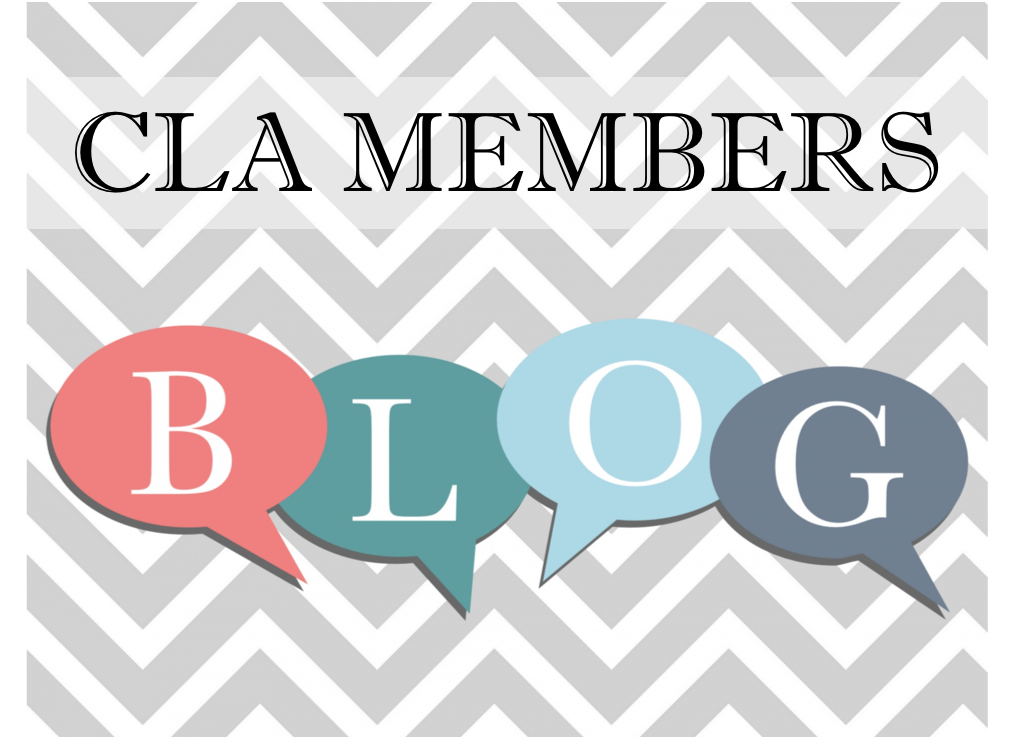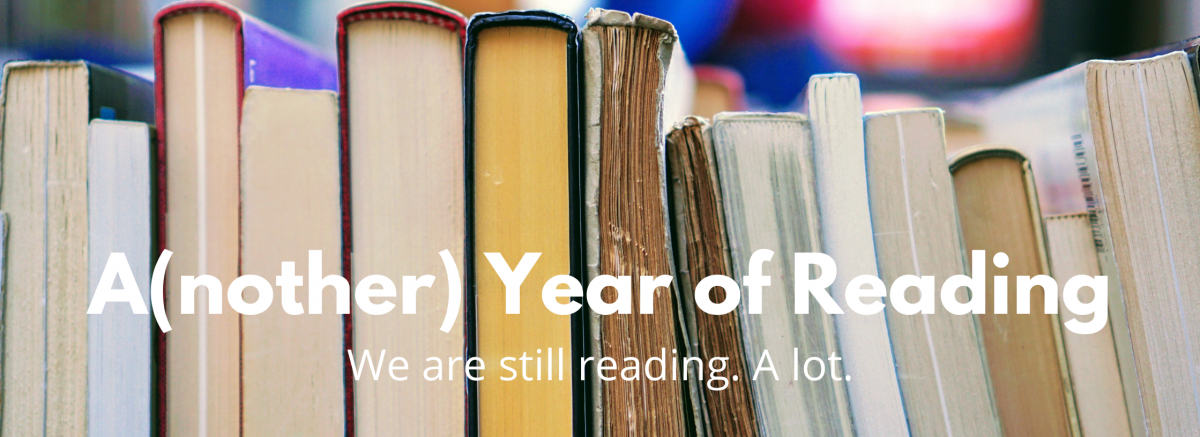IN SUPPORT OF CHILDREN'S LITERATURENCTE position statements sponsored by CLA:
The Children's Literature Assembly believes that courses in children's literature play an essential role in teacher education programs. SYLLABI FOR CHILDREN'S LITERATURE COURSES Visit this resource page for access to a rich collection of undergraduate and graduate children's literature syllabi exemplars CCSS ELA and Literacy standards
Common Core State Standards Appendix A – Background information Appendix B – Text exemplars and performance tasks Appendix C – Writing exemplars Book: Pathways to the Common Core
Calkins, Lucy, Ehrenworth, Mary & Lehman, Christopher (2012). Pathways to the Common Core. Heinemann. Book: Teaching to Exceed the English Language Arts Common Core State Standards (Grades 6-12)
Beach, Richard, Thein, Amanda H., & Webb, Allen. (2016). Teaching to Exceed the English Language Arts Common Core State Standards (Grades 6-12). Routledge. Companion Website National council of teachers of English resources
Resource Page Books
International Literacy association Resources
Worlds of words - Blogs on CCSS and global children’s literature
Resources by P. David Pearson
Other relevant presentations are available at P. David Pearson's Personal Website.
|
Visit Pat Mora's Website to learn about Children's Day, Book Day and find resources for celebrating it. Vertical Divider
|
CLA
About CLA
|
Journal of Children's Literature
Write for JCL
|
ResourcesCLA-sponsored NCTE Position Statements
|
Members-Only Content
CLA Video Library
|
© COPYRIGHT 2018.
ALL RIGHTS RESERVED |

